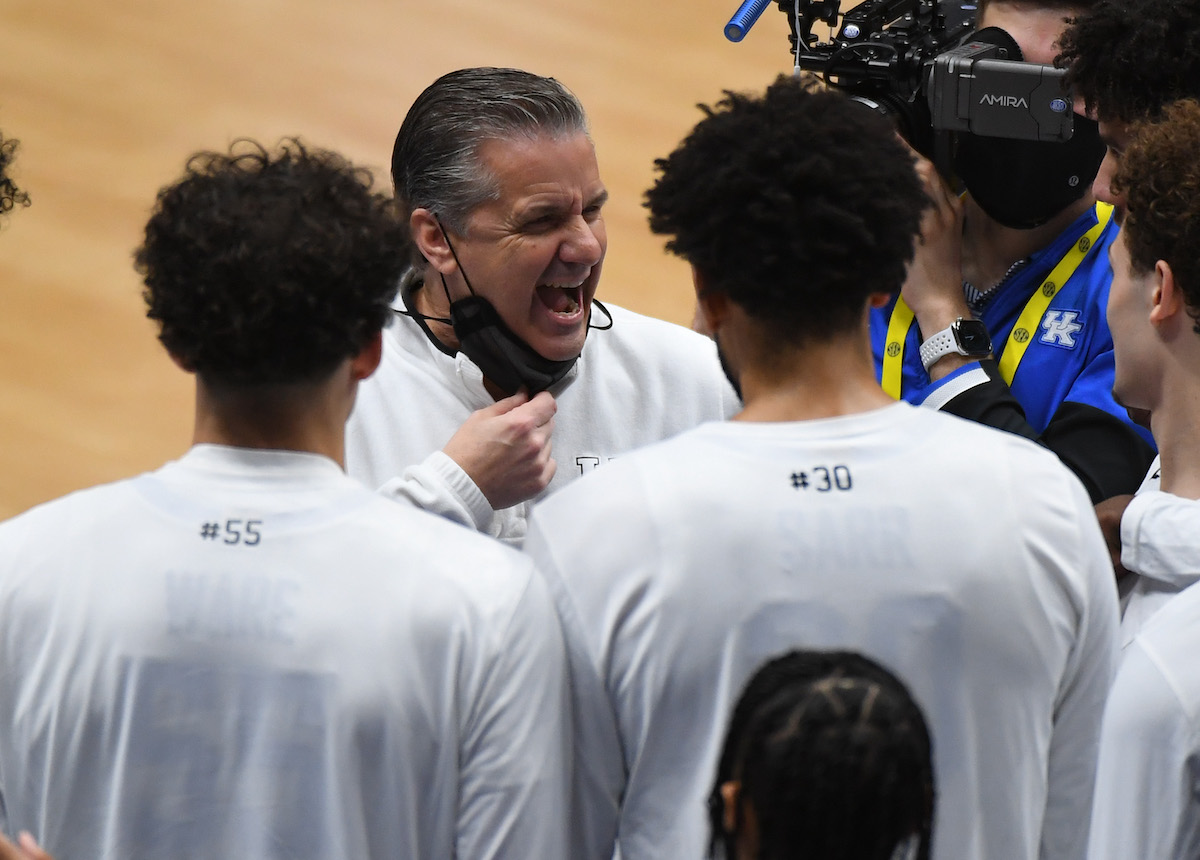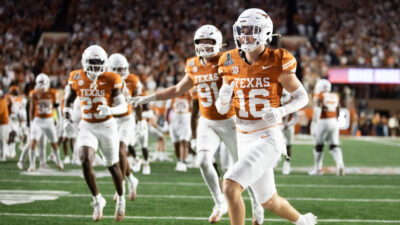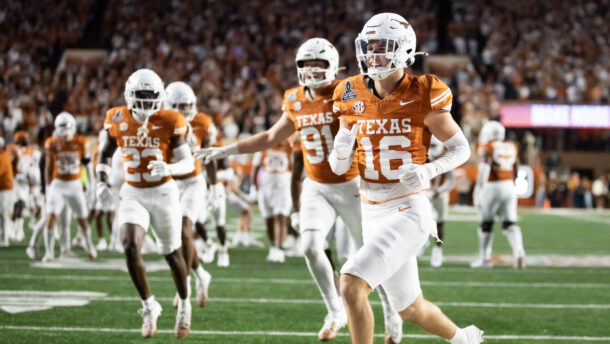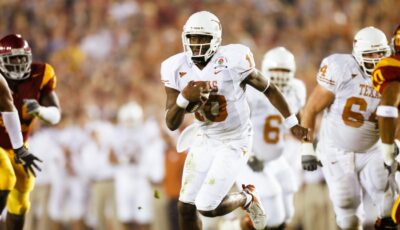
Kentucky basketball: The nightmarish season is over. Can John Calipari ensure it never happens again?
By Joe Cox
Published:
In a program that has piled up plenty of firsts, John Calipari’s 2020-21 Wildcats squad piled up some firsts that they’d just as soon have missed.
First losing UK season since 1988-89. First UK season with fewer than 10 wins since 1926-27.
9-16.
The numbers don’t lie. It was an absolutely wretched season for Calipari and Kentucky, the misery of it being only slightly modified by the fact that several of the other “blue blood” college basketball programs had awful years as well. But does being on the outside of March Madness for the first time since 2013 sting any less just because Duke and perhaps Louisville will also be stuck watching the Big Dance?
Unlikely.
But the second that the final buzzer rang on Kentucky’s 74-73 loss to Mississippi State, the biggest question immediately shifted from whether Kentucky could make a crazy March run to a much more significant issue: What will Calipari do about this mess?
To start with the obvious, this was an unusual season. Even by Kentucky’s standards of constant turnover, this 2020-21 team was destined to be pretty thoroughly inexperienced. Only sophomore forward Keion Brooks had meaningful experience at UK, and he missed the first 9 games of the season due to injury. Add the lack of practice and team activity time due to COVID restrictions (and the cancellation of a healthy number of early-season cupcake games) and Kentucky had a perfect recipe for disaster.
Beyond that, Kentucky’s typically acclaimed freshman class (No. 1 ranked by most recruiting services) did not live up to expectations. Freshman guard Brandon Boston scored just under a dozen points per game, but he shot a miserable 35.5% to do so. Acclaimed fellow frosh Terrence Clarke played in just 8 games due to injury. Freshman forward Isaiah Jackson was probably the most complete of the group, but he was a raw defensive presence who averaged 8.4 points per game.
Meanwhile, there were other personnel problems. Kentucky product Dontaie Allen torched Mississippi State for 23 points in the final game, meaning that for the year, Allen had 46 points in 2 games against MSU, and 72 points for the entire rest of the season combined. The sweet-shooting guard spent much of the year in Calipari’s doghouse, which would have been defensible had Kentucky been equipped with any other capable shooters aside from senior guard Davion Mintz, who was forced to play a fair amount of point guard due to Clarke’s injury and the struggles of freshman Devin Askew. Big man transfer Olivier Sarr spent virtually the entire season trying to fashion his game, best suited for use by a face-up jump shooter, into a back-to-the-back post style.
The offense was just plain broken. Kentucky shot just under 42% for the season, putting the Wildcats right at the bottom of the SEC. Kentucky wasn’t bad from 3 but spent much of the year passing up credible 3-point shots for contested 2-point jumpers — the kind of shots that don’t require an analytics department to show evidence of how incredibly unproductive they are. Passing ranged from sloppy to horrific. Kentucky lost four 1-point games.
Where does Calipari go from here?
On the one hand, with over a decade of success in Lexington to his credit, Calipari may be tempted to dismiss this season as a COVID-fueled aberration, a result of an overmatched recruiting class that didn’t get the time or early chippy nonconference games to gel.
But he’d be overlooking the fact that the offense genuinely is broken. Particularly if Allen transfers, Kentucky fans can look around college basketball and find a relative plethora of former UK players, whom Calipari deemed unsuitable for significant minutes but who are now knocking down perimeter jumpers for teams that are playing in big-time college basketball. Consider Arizona’s Jemarl Baker, who saw about 8 minutes per game for Calipari and UK in 2018-19, but who averaged 12 points per game for Arizona before his season was ended by injury. Or UCLA’s Johnny Juzang, who went from just under 12 minutes and 3 points per game for Kentucky in 2019-20 to 14 points per game for the Bruins this season. The trend certainly casts a shadow over Calipari’s reputation as a player’s coach.
He’d also be ignoring the fact that while his recruiting classes are still highly ranked and Kentucky sends out its fair share and then some of young NBA stars, not since Skal Labissiere in 2015 has Kentucky nabbed one of the nation’s purported top players. Since that time, Boston’s No. 5 overall ranking has been the highest of UK recruits. Without Zion Williamson or Cade Cunningham walking through the door, Kentucky has gotten somewhat pedestrian in March.
What are the answers? Will Calipari make sweeping staff changes? Reconsider his offensive system or even actually work up a zone defense? Change the recruiting footprint or methodology? Or just hope and wish that 2020-21 was a once in a lifetime season not just in terms of COVID, but in terms of Kentucky’s horrific performance?
Kentucky’s March basketball run is over, but Calipari’s work is far from finished.
Joe Cox is a columnist for Saturday Down South. He has also written or assisted in writing five books, and his most recent, Almost Perfect (a study of baseball pitchers’ near-miss attempts at perfect games), is available on Amazon or at many local bookstores.







